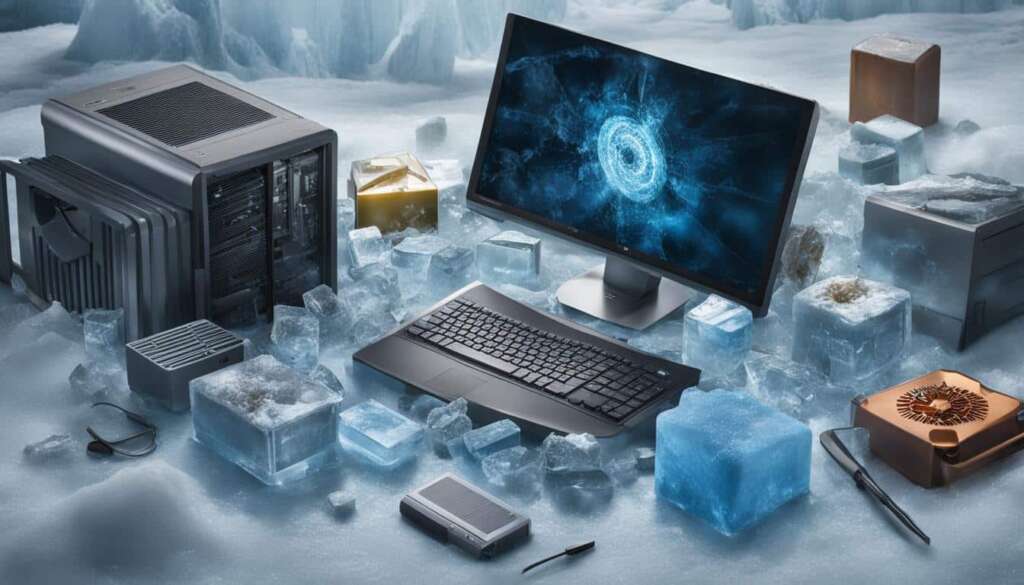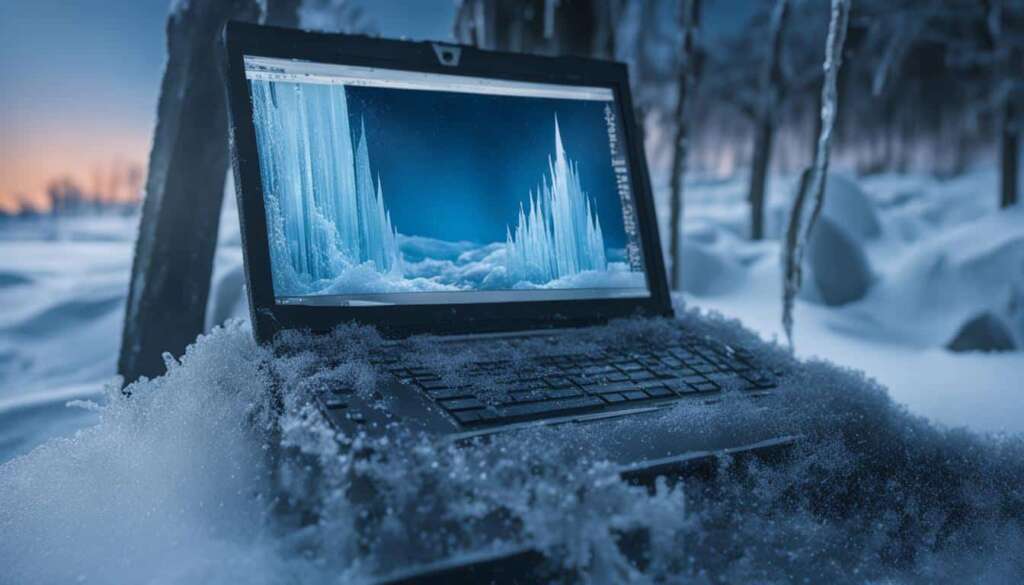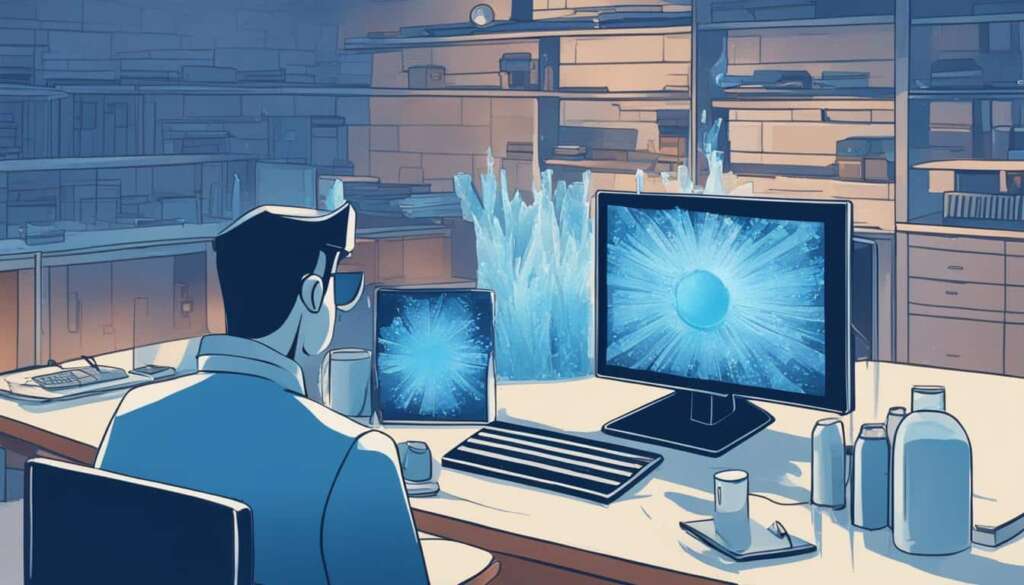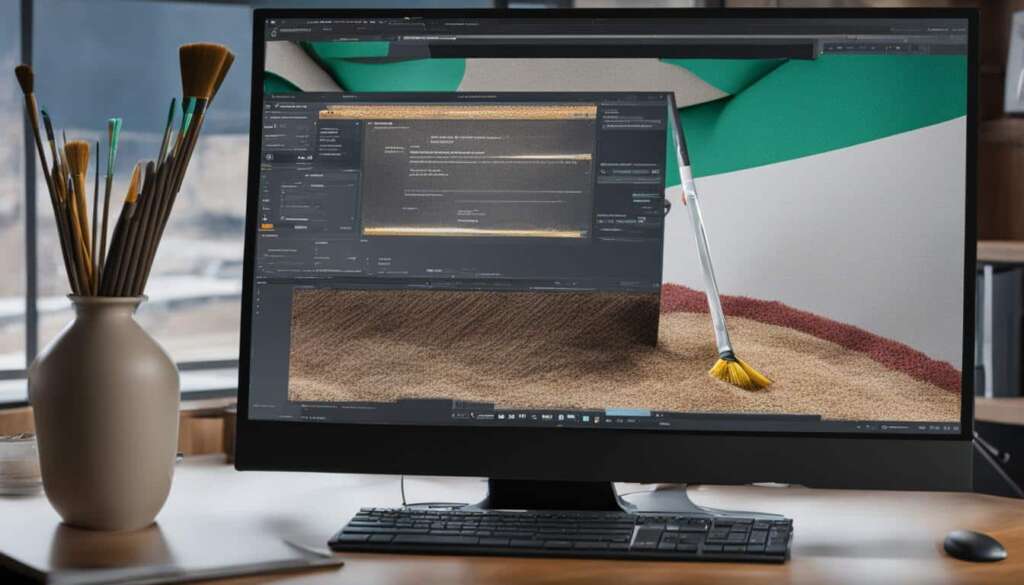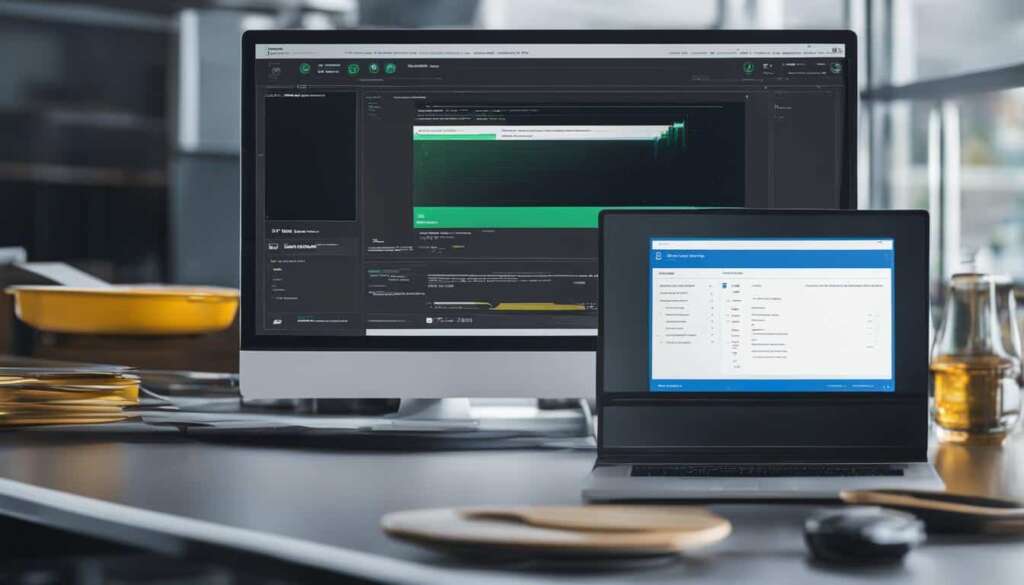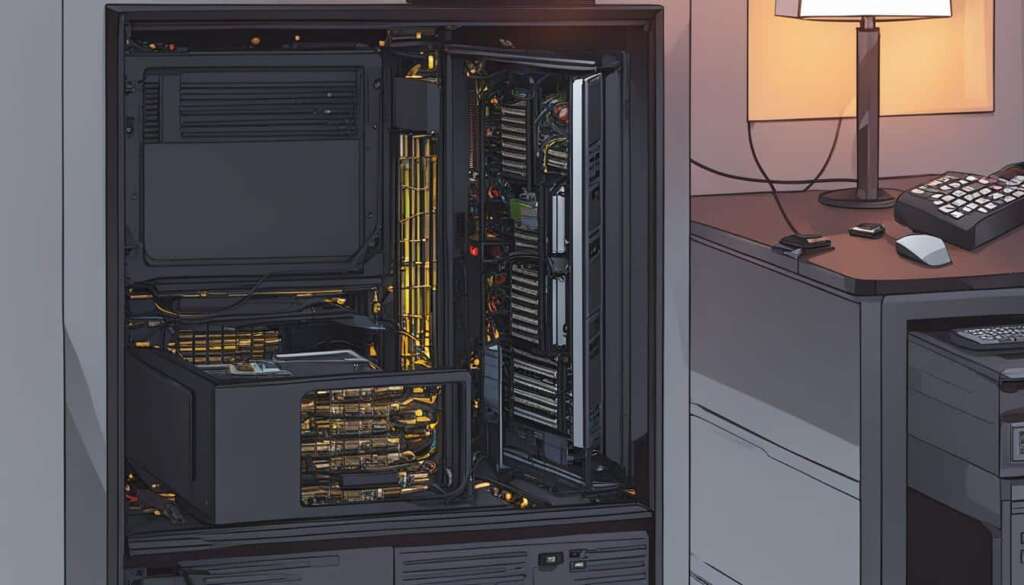Table of Contents
Are you frustrated by your PC freezing unexpectedly? You’re not alone. Many users experience this aggravating issue, which can disrupt productivity and cause annoyance. But fear not, as we’re here to help you unravel the mysteries behind PC freezing and provide effective solutions to resolve persistent freezing issues.
PC freezing can occur due to various factors, including software issues, driver problems, overheating, insufficient RAM, incorrect BIOS settings, faulty external devices, computer viruses, corrupted or missing system files, low disk space, and software errors. Pinpointing the specific cause is crucial in implementing the right solution.
In this article, we’ll delve into these causes in detail, guiding you towards understanding why your computer keeps freezing. Furthermore, we’ll share valuable insights on data recovery and recommend software solutions to retrieve lost data resulting from computer freezing.
Stay tuned as we explore common causes of PC freezing in the next section and equip you with practical solutions to banish this pesky issue once and for all.
Common Causes of PC Freezing
PC freezing can be a frustrating and disruptive issue that many computer users encounter. There are several common causes that can lead to this problem. By understanding these causes, you can take the necessary steps to prevent your computer from freezing unexpectedly. Here are the most common causes of PC freezing:
- Too many programs opening simultaneously: Running multiple programs at the same time can consume a significant amount of system resources, leading to system slowdown and freezing.
- Driver corruption or errors: Outdated or faulty drivers can cause conflicts and instability in your system, resulting in freezing issues.
- Overheating of the system: When your computer gets too hot, it can trigger automatic shutdowns or freezing to prevent damage to the hardware components.
- Insufficient RAM: If your computer doesn’t have enough random-access memory (RAM), it may struggle to handle the simultaneous processes, causing freezing.
- Incorrect BIOS settings: Improper configurations in the computer’s BIOS (Basic Input/Output System) can lead to freezing problems.
- Faulty external devices: Malfunctioning or incompatible external devices, such as USB drives or peripherals, can interfere with your computer’s normal functioning and cause freezing.
- Computer viruses: Viruses and malware can disrupt system operations, leading to freezing issues as they consume system resources or alter critical files.
- Corrupted or missing system files: If important system files become corrupted or are accidentally deleted, it can cause freezing and instability.
- Low disk space: When the storage capacity of your computer’s hard drive is nearly full, it can cause performance issues and freezing.
- Software errors: Bugs or glitches in software can cause freezing problems, especially if they affect critical system processes.
Each of these causes can contribute to your computer freezing unexpectedly. By identifying the specific cause for your PC freezing, you will be able to implement the appropriate solution to resolve the problem.
Being aware of these common causes can help you troubleshoot and prevent PC freezing in the future. In the next section, we will discuss effective solutions to resolve PC freezing issues.
Solutions to PC Freezing Issues
In order to resolve PC freezing issues, there are several solutions that you can implement. These include:
- Freeing up disk space on the C drive: Over time, your computer’s hard drive can become cluttered with unnecessary files. By removing these files, you can create more space and potentially alleviate freezing issues.
- Updating device drivers to the newest versions: Outdated or corrupted device drivers can cause conflicts and lead to system freezing. It is important to regularly check for and install driver updates to keep your PC running smoothly.
- Running memory checks: Faulty RAM modules can contribute to freezing problems. Use the built-in Windows Memory Diagnostic tool to scan and identify any memory issues. If faulty modules are detected, consider replacing them to resolve the freezing problem.
- Running system file checker: System files can become corrupted, leading to freezing issues. Run the System File Checker utility to scan and repair any corrupted system files that may be causing the problem.
- Performing a system restore: If your PC started freezing after a recent software or driver installation, you can try reverting the system back to a previous restore point. System Restore allows you to roll back your PC’s settings to a time when it was functioning properly.
- Taking your PC to a repair shop: If none of the above solutions work, or if you are not comfortable troubleshooting computer issues on your own, it may be best to consult a professional. A qualified technician can diagnose and fix the underlying problems causing your computer to freeze.
By following these steps, you can effectively troubleshoot and fix the underlying problems causing your computer to freeze. It is worth noting that data recovery is crucial in cases where you may have lost data due to the freezing issues. Software such as MiniTool Power Data Recovery can help you recover lost data without affecting the original files.
Having a reliable solution to PC freezing problems ensures that you can work and use your computer without interruption. However, prevention is always better than a cure. In the next section, we will explore some valuable tips for preventing PC freezes and maintaining optimal performance.
Tips for Preventing PC Freezes
If you want to avoid the frustration of your PC freezing unexpectedly, there are some practical tips you can follow to prevent it from happening. These preventive measures will help you keep your computer running smoothly and minimize the risk of PC freezes in the future.
Clean up Windows temporary files: Regularly removing temporary files from your Windows operating system can help improve your computer’s performance and prevent freezes. Use the built-in Disk Cleanup tool to delete unnecessary files.
Check the hard drive for errors: Performing regular checks for errors in your hard drive can identify and fix any potential issues that might lead to freezing. Use the built-in Disk Check utility to scan and repair errors.
Keep software and drivers updated: Outdated software and drivers can cause compatibility issues and lead to PC freezes. Make sure to regularly update your operating system, software applications, and device drivers to their latest versions.
Run malware and virus scans regularly: Computer viruses and malware can disrupt your system’s performance and cause freezing. Install reliable antivirus software and perform regular scans to keep your PC protected.
Monitor and manage multitasking: Running too many programs simultaneously can overload your system’s resources and result in freezes. Try to limit the number of open programs and prioritize the ones you need at a given time.
Ensure proper ventilation and cooling: Overheating is a common cause of PC freezes. Make sure your computer is placed in a well-ventilated area and that the cooling fans are functioning properly. Consider using a laptop cooling pad to prevent overheating.
By following these tips, you can take proactive steps to prevent PC freezes and enjoy a smoother computing experience. Implementing these preventative measures will not only help you avoid frustrating freezes but also improve the overall performance and longevity of your computer.
FAQ
What are the common causes of PC freezing?
There are several common causes for PC freezing. These include having too many programs opening simultaneously, driver corruption or errors, overheating of the system, insufficient RAM, incorrect BIOS settings, faulty external devices, computer viruses, corrupted or missing system files, low disk space, and software errors.
How can I resolve PC freezing issues?
To resolve PC freezing issues, you can try freeing up disk space on the C drive, updating device drivers to the newest versions, running memory checks, running system file checker, performing system restore, and taking your PC to a repair shop if none of the other solutions work. It is important to identify the specific cause of the freezing problem in order to implement the appropriate solution.
What should I do if I have lost data due to PC freezing?
In cases where you may have lost data due to PC freezing, you can use software such as MiniTool Power Data Recovery to recover lost data without affecting the original files.
How can I prevent PC freezes from occurring in the future?
To prevent PC freezes from occurring in the future, you can clean up Windows temporary files, check the hard drive for errors, update software and drivers, run malware and virus scans regularly, monitor and manage multitasking, and ensure proper ventilation and cooling of your computer.

